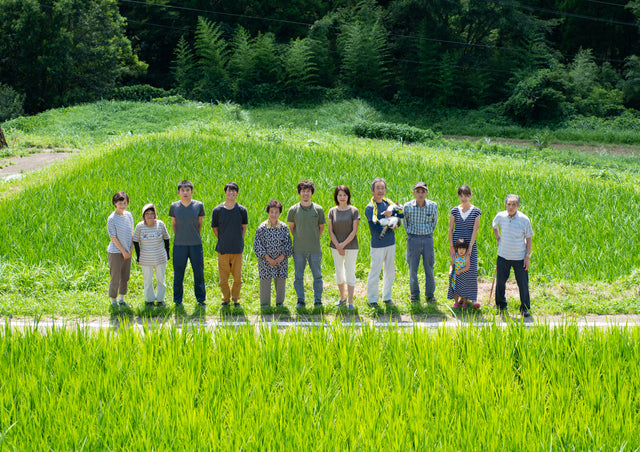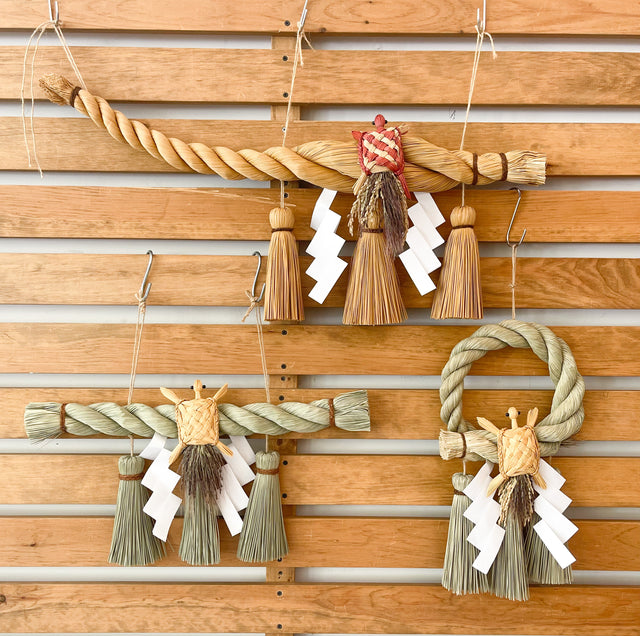
I drove to the countryside of Kumamoto to visit a facility called “Seiko-en”. This is where people with disabilities work to make the products with Igusa plants. It’s more like a school to share and teach the technique and train them to learn how to make their living since 1976.
I've been communicating with Mr. Mugita who is the manager of the products division and he showed me around the facility.


There are a few divisions to create the product, such as juice making, mat making, broom making, etc. All the products and materials are sourced from the farms nearby. The facility provides support to the people with disabilities to create the products.






I asked the founder of Seiko-en, Mr. Yamauchi, why he started Seiko-en.
Mr. Yamauchi said "In the 60s -70s when I was young, there was a lot of public opinion around me that people with disabilities could not work properly. I wanted to prove that they could do very precise work given they received proper advice and having face time everyday. They could do such beautiful hand works that are incomparably more delicate than I could ever do."
For the employees who said they didn't know how to use the money they earned, Mr. Yamauchi saved travel expenses and went on a “school trip” to many countries with them. Mr. Yamauchi and people who work at Seiko-en told me how much they enjoyed the time together.
Since the pandemic has started, they are not able to take trips as they used to do, but they are looking forward to visiting outside of Japan again soon.


*Mr. Yamauchi showing me the factory area where the Igusa mats are made.

*The old weaving machine parts are used as a paper weight.
Mr. Ogata and Mr. Ohtsuka. has been working at this facility as mat craftsmen for over 40 years. They told me how much they love their job and the good memories with the teachers, especially the school trip.



The materials are dyed and washed here.

A lot of physical work to push and pull out the Igusa plants.
Whole mat weaving process used to be done by hand but they started using weaving machines in 1980. They have two of the 40+ years old small weaving machines and there are only a few mechanics who can repair these weaving machines nowadays.

Sorting colors and tying up the strings to finish the mats are still done by hand.


Those are the special patterns which were designed in the 1980s by Mr. Yamauchi who is the founder of Seiko-en.

It was a hot day even I was visiting there in May. They served me a fresh watermelon slice. It was so refreshing!

*See the products from Seiko-En.


